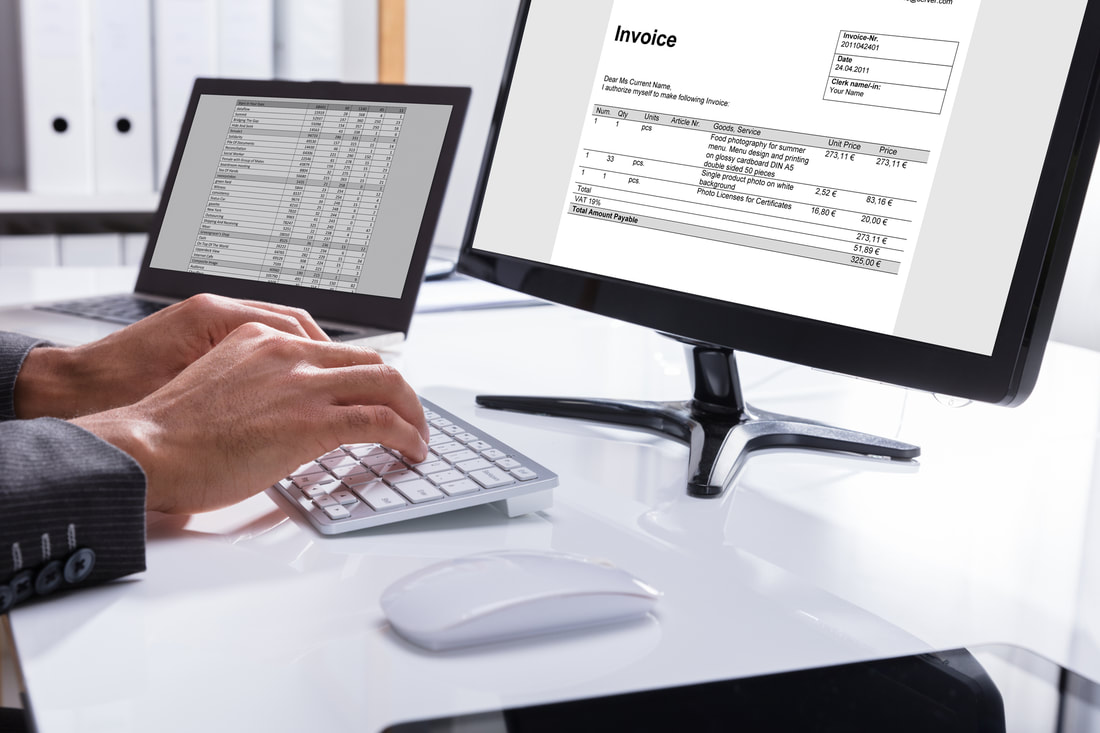|
Cash flow and access to working capital are two of the biggest headaches for business owners, especially for small, new, or rapidly growing businesses. Why? Often it comes down to how quickly customers pay outstanding invoices. One customer with a slow or late payment—even if the invoice isn’t really large—can create a cashflow crunch. This in turn can lead to other problems, like being late on supplier payments, struggling to make payroll, and missing out on new business opportunities, among others.
You might be thinking: won’t a line of credit solve the problem? Sometimes it does, but sometimes it isn’t the answer. If a business is young, hasn’t secured bank financing, or there’s a creditworthy concern, traditional financing like a line of credit or loan isn’t possible. There’s another answer, though: factoring. This article explains what factoring is, when to consider factoring, and the top reasons your business can benefit from factoring. What is factoring? Factoring, or the purchasing of accounts receivable, is also known as invoice factoring and accounts receivable factoring. Factoring is a financing method that gives businesses quick access to working capital. Businesses sell their unpaid customer invoices for the services they have already performed or products they have already sold. They provide their unpaid invoices to a factoring company, which then provides a cash advance to the business. The factoring company then collects payment from the customer, paying the business the remainder of the invoice amount minus a fee. When should a business factor? There may be many reasons why a business could need to or would benefit from factoring. These can include access to working capital to bring a new product to market, invest in new product, meet the needs of a new or larger customer, compensate for delayed payment, or address a seasonal cash flow fluctuation. Or, a business could be rapidly growing, or have not yet met the requirements for bank financing or other more traditional financing routes. Many businesses do not know about or overlook invoice factoring as an option for short-term financing. Sometimes, though, it’s a wise financial decision. Consider factoring as an option when:
Top 10 reasons to factor your invoices Businesses may overlook or avoid factoring, but factoring invoices can benefit businesses, especially those that need access to working capital, are growing rapidly, or have experienced difficulty with other means of short-term financing. Our Top Ten Reasons to Factor is one of the most popular pieces of content on our site and often answers many questions prospective clients have about factoring. These top reasons to factor your invoices are:
We can help. Prairie Business Credit is a national working capital provider to young, growing, or recovering businesses. We offer accounts receivable financing, purchase order financing, and equipment financing. Our company serves both as a trusted financial resource and consultant to entrepreneurs dedicated to building their businesses and ensuring their success.
0 Comments
Your comment will be posted after it is approved.
Leave a Reply. |
Topics
Purchase Order Financing and Factoring How Does Factoring Work? Calculating the Benefits of Factoring When Should You Consider Factoring? Factoring in Five Simple Steps 13 Week Cash Flow Forecast Businesses Need to Protect Their Cash Flow During the Pandemic The Cash Gap Our Second Client Defrauded Us - How it Changed the Way We Do Business Is Prairie Business Credit Expensive? How Much Do They Charge? Top Ten Reasons to Factor You Need Cash for Growth Who are Good Candidates for Factoring? Our Number One Goal is that Our Clients Leave Us A Bridge to Where? In the Age of the Internet, We Still Do Business Face to Face Credit Checks Cash Management Two Fundamental Principles When Giving Your Customers Payment Terms Team Up with a Factor To Earn Lifelong Business Customers Make No Little Plans Prairie Business Credit Promotes Morgan Prairie Business Credit Promotes Diversey Categories |


 RSS Feed
RSS Feed


